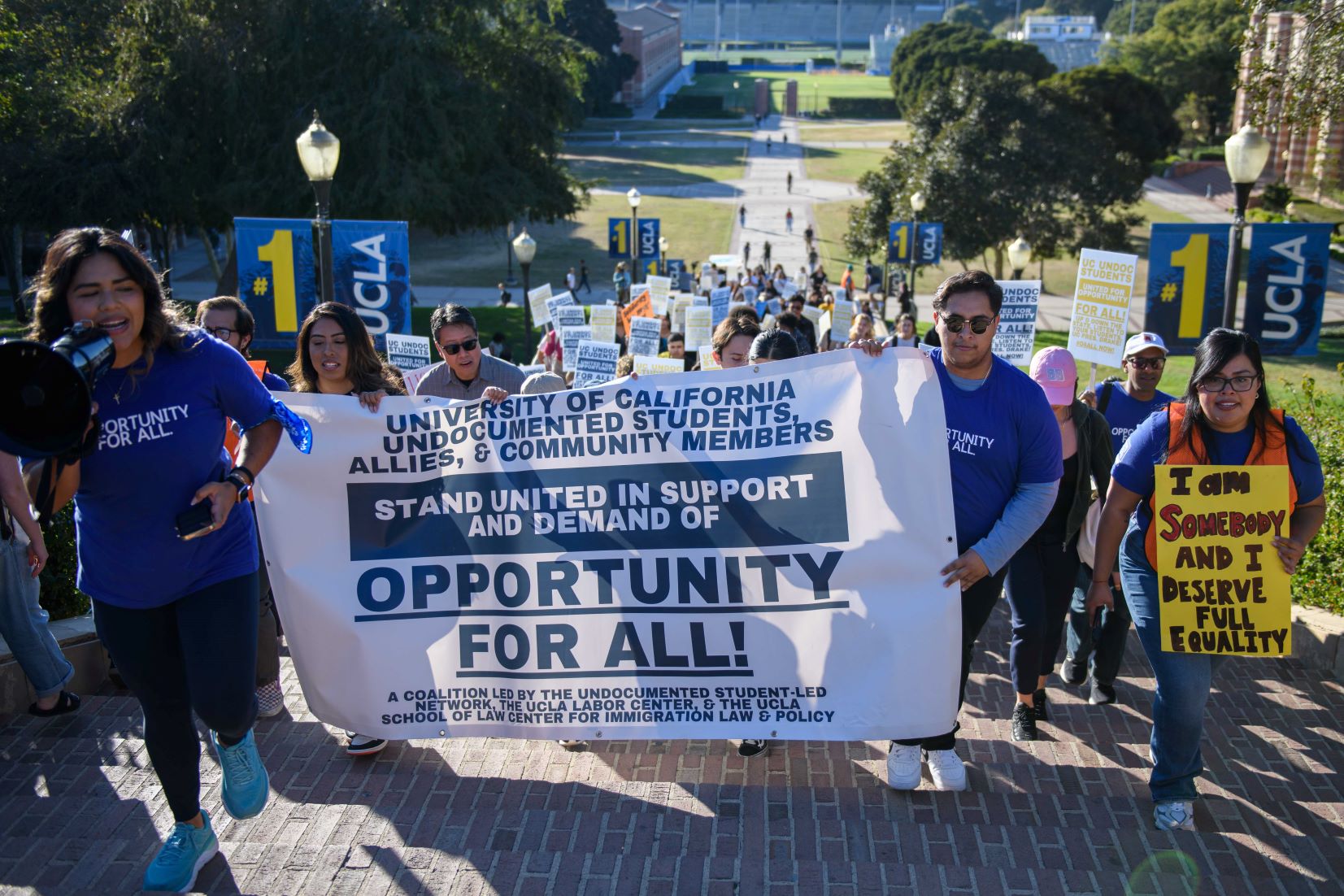SACRAMENTO, Oct 3 (NNN-XINHUA) – California has become the second state in the United States to ban legacy and donor admissions preferences, at both public and private colleges, marking a significant shift in the landscape of U.S. higher education access.
California Governor, Gavin Newsom, on Monday signed Assembly Bill 1780 into law, prohibiting private, nonprofit institutions from considering an applicant’s family ties to alumni or donors, in their admissions decisions. The law, which goes into effect in Sept, next year, aims to level the playing field for college applicants and promote merit-based admissions.
“In California, everyone should be able to get ahead through merit, skill, and hard work,” Newsom said in a statement. “The California Dream shouldn’t be accessible to just a lucky few, which is why we’re opening the door to higher education wide enough for everyone, fairly.”
The ban will affect several prestigious private universities in the state, including Stanford University and the University of Southern California (USC), which have historically admitted substantial numbers of legacy applicants.
According to state legislature data, USC offered admission to 1,791 undergraduate applicants with donor or alumni connections, for the Fall 2023 class, representing 14.5 percent of admitted students. Stanford admitted 295 such applicants, or 13.6 percent of its incoming class.
California Assembly member, Phil Ting, who authored the bill, emphasised the importance of fair and equitable admissions processes. “Hard work, good grades and a well-rounded background should earn you a spot in the incoming class – not the size of the check your family can write or who you’re related to,” he said in the governor’s press release.
Under the new law, all private colleges and universities in the state must submit an annual report to disclose compliance. Violators must report admission rates for students with legacy and donor connections, compared to the rest of the student body, and provide information on admitted students’ racial, geographic, and financial diversity.
California’s public universities, including the University of California system, have not considered legacy status in the admissions process since 1998. The new law extends this practice to private institutions, making California’s ban the most consequential in the nation, due to the number of premier private colleges affected.
The move comes after the U.S. Supreme Court’s decision last year, to strike down race-based affirmative action in college admissions. This ruling intensified scrutiny of other admission practices, that may cause inequality, including legacy preferences.
Critics of legacy admissions said, the practice disproportionately benefits wealthy and white applicants, perpetuating inequality in U.S. higher education. A study, conducted by Harvard University and Brown University in 2023, found that students from families in the top one percent of incomes were five times more likely than less-affluent peers to gain admission to elite universities, with legacy admissions being a significant factor.
Jessie Ryan, president of the California-based Campaign for College Opportunity, hailed the new law as a significant victory for equitable college access. “It is unconscionable to keep giving legacy and donor preferences, when others are questioning their place in higher education more than ever,” Ryan said to the higher-education trade press, Inside Higher Ed.
The legislation faced opposition from private college associations, who expressed concerns about government interference in admission practices.
However, Ryan noted that, many private universities were quietly supportive of the bill behind the scenes, with opposition weaker than in previous years. Some institutions, like Occidental College in Los Angeles, had already voluntarily ended their policies earlier this year, according to Inside Higher Ed.
The California ban is part of a growing trend. Maryland became the first state to prohibit legacy admission preferences at public and private colleges earlier this year. At the same time, Colorado, Virginia, and Illinois passed similar bans applying only to public universities.– NNN-XINHUA




